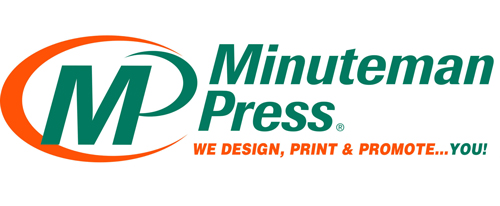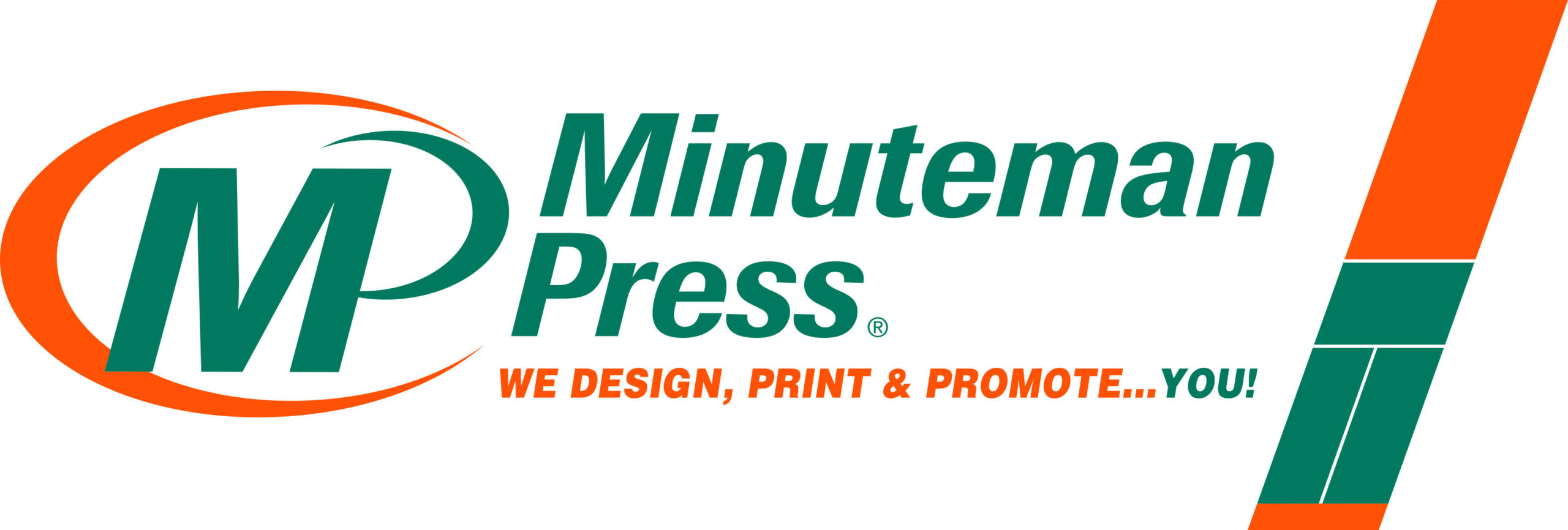Online ecommerce has grown significantly in recent years, with online retail sales in the billions of pounds each year. For any retail business selling a product, whether dealing with the business to consumer market or the business to business marketplace, an online shopping facility is essential. Whereas several years ago an online ecommerce facility would be a substantial investment, currently there are a myriad of options available that suit all requirements and budgets. In fact there are now so many different and diverse options available, that deciding which route is most suitable for your business, can be fraught with difficult decisions. The handy guide below provides a useful guide to the various options currently available to enable you to make an informed choice.
In reality the prevalence of the many ecommerce platform alternatives is testimony to the exponential rise in the requirement for this type of solution. To ensure the best choice, there are certain elements that need to be reviewed prior to making the decision regarding what platform to utilise.
These include:
- How many products are you looking to offer through the online shop?
- Are the numbers of products available likely to increase significantly?
- Are there variations of the product?
- Do you want full control over design and styling?
- How much customisation capability do you need?
- Do you require the platform to be extendable?
- What budget do you have available?
By answering these questions, you will be able to ascertain the most suitable options available; whilst reviewing the platform options, be aware that several offer a free trial that enables you to test the platform for its ease of use, versatility etc.
Below are details of the various leading ecommerce platforms, otherwise known as online web store builders currently available within the marketplace.
Shopify
Probably the most recognisable brand name when it comes to instant online shop creation. Shopify is certainly considered one of the easiest to set-up and manage, with a variety of options available including moving or importing a shop from another platform to Shopify.
The Shopify dashboard delivers simple navigation, and makes adding products easy. The title, description, price and much more can be added simply within a single page, with easy to use editing functionality.
One of the inherent benefits of Shopify is the ability to customise the store front, with over 100 templates available to get things started or create your own custom version to suit your brand.
Big Commerce
Another significant player in the online ecommerce shop creation market, this platform has obvious similarities to Shopify. In fact this modular format of shop building offers versatility and customisation in easy to follow steps.
Drag and drop editing delivers a powerful ecommerce solution.
Volusion
Clean, easy to navigate interface is a key element of this particular ecommerce platform, which has similarities to Shopify. The platform is a template driven ecommerce solution.
Dashboard, drag and drop functionality all add to the appeal of this software. Its ease of use means that it is an increasingly popular platform.
Self-hosted
An alternative approach is to self-host your online shop; hosting the online shop on either your own dedicated server, or a hosting package through a hosting company. Subsequently you will need to design, create and build the ecommerce website using one of the varieties of programming platforms available, eg WordPress or Joomla, which deliver a versatile and easy to use option.
One of the key elements of WordPress is that there is a wealth of useful information regarding how to use this platform, whilst it can be extended by the use of plugins.
For ecommerce purposes, WooCommerce is a well-known plugin. WooCommerce provides a useful option; for those who work or know WordPress, its interface will be familiar. Adding products, pricing and images etc, are simple, with a dashboard that is in many ways similar to the WordPress dashboard.
An important feature of WooCommerce is extendability through additional plugins, whilst permitting the uploading of data through a comma-separated values (csv) file. This is extremely useful if you have multiple products to be uploaded and displayed. The styling is arranged via drag and drop and can be designed as required.
A significant strength of utilising a self-hosted option is that you have complete control over all elements, including the overall style. This enables you to design and create an online shop which matches existing branding, ie website, corporate colour scheme, etc.
The downside is that if anything goes wrong, you will require support or help from a relevant expert; with platforms such as WordPress, there is a wealth of information, help and guidance online, as well as freelance experts available at a reasonable cost.
SEO
A critical element to be considered is that of onsite search engine optimisation (SEO); in essence the ecommerce shop’s position within organic listing in the search engines. SEO is an important element as it helps to deliver targeted traffic. All of the platforms mentioned offer SEO functionality; however the self-hosted platform could provide more scope and versatility when it comes to onsite, or on-page optimisation techniques.
Summary
There are many options when it comes to opening your online ecommerce shop. Your choice will be determined by various factors, eg degree of control required, budget allocated, ability to customise design and overall feel of the online shop.
Review your requirements and make an informed choice by testing some of the platforms, especially where a free trial is available.












